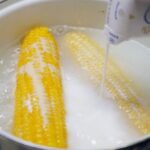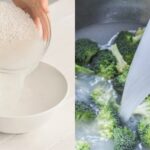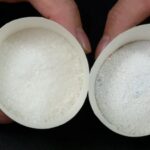There’s something incredibly refreshing about enjoying a warm, delicious glass of milk in the morning. Whether you prefer chocolate milk, milk with cereal, or a plain glass of milk, it can be a wonderful light breakfast.
This versatile drink can also work wonders for your garden. If you have a lot of expired milk in your fridge, don’t throw it away. Put it to good use in your garden instead.
Different types of milk, such as cow’s milk, soy milk, almond milk, or coconut milk, can all contribute to a bountiful harvest when used correctly.

1. Fertilizer
You may already know that milk is an excellent source of calcium. But did you know that milk can nourish your plants just as it nourishes your bones? You can mix a fertilizer solution with water and milk. Spray this mixture around your plants and pour it at their base, or simply pour it into a spray bottle and spritz onto the leaves.
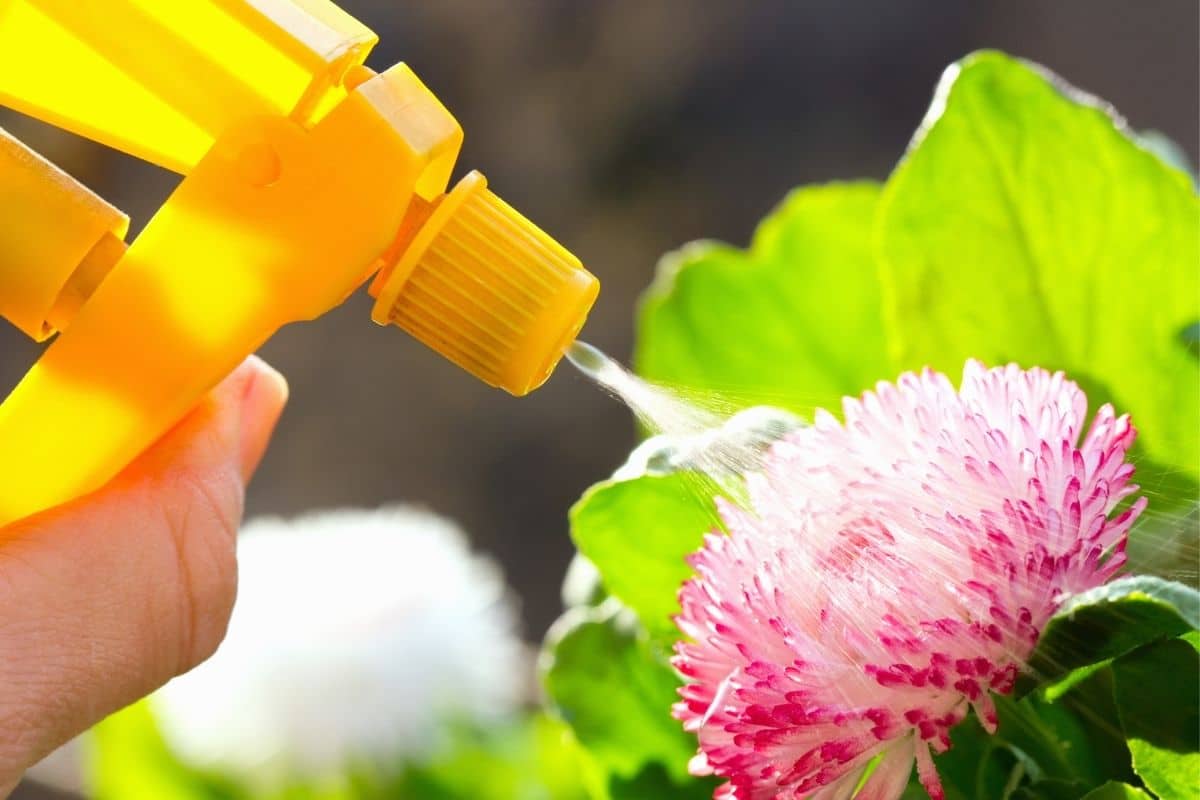
2. Disinfecting Tools
It’s important to disinfect your gardening tools at the end of each growing season. This can prevent viruses from spreading to next year’s crops. Instead of using harmful bleach solutions to clean your tools, you can use milk. Simply soak tools like scissors and pruning shears in a bowl of milk.
The milk solution can prevent the spread of all sorts of diseases, such as tobacco mosaic virus. This solution also improves the tools’ resistance to rust and corrosion.

3. Pesticide
Milk can even be used as a pesticide. It is especially effective against aphids and similar soft-bodied insects like spiders and mealybugs. You can pour milk into a spray bottle and spritz it onto the leaves and other affected areas of the plant.
There are many different types of homemade insecticides that you can make with milk, depending on the needs of your plants.

4. Fungicide
Milk is also an effective fungicide. You can use milk to combat fungal problems like powdery mildew. To do this, simply dilute the milk with water and spray it onto the surface of the leaves. This method provides nutrients while reducing fungi on the plants.
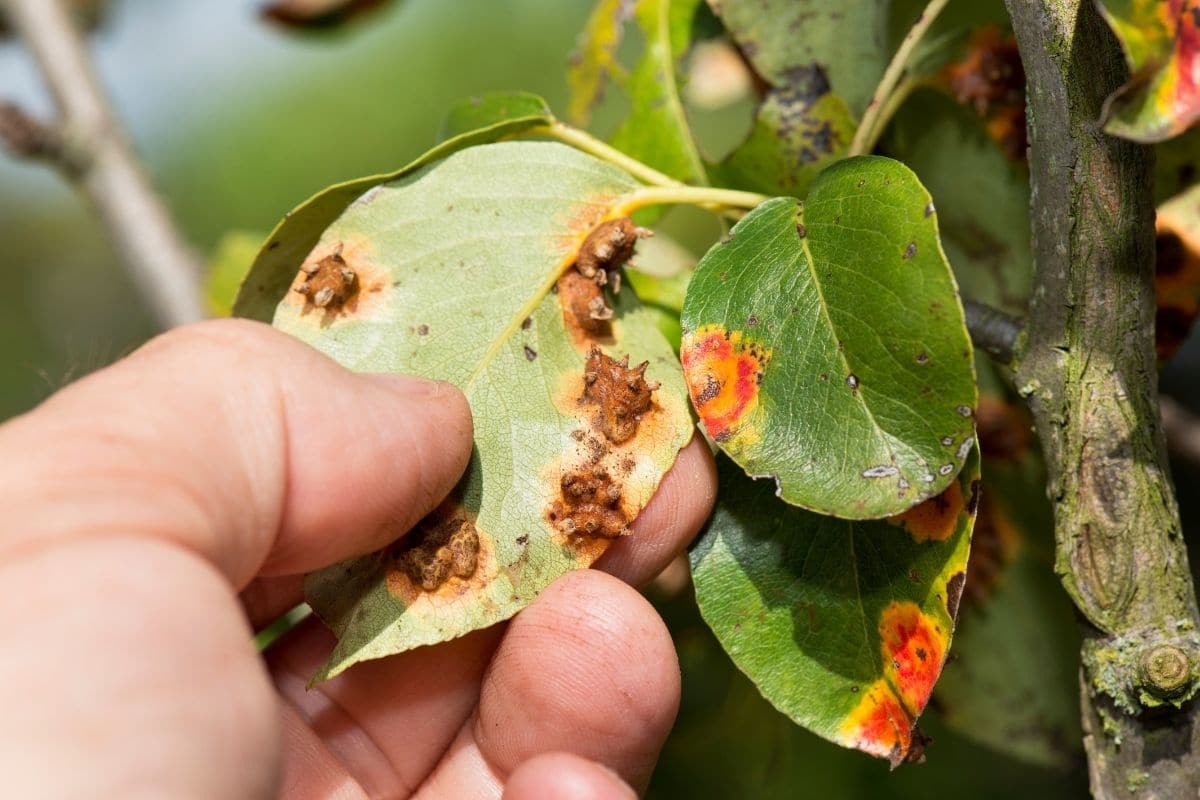
5. Treat Black Spots on Roses
Black spot is a disease that many plants, including roses, are susceptible to. You can easily prevent and treat it with a little milk. Typically, black spot is caused by a fungus called Diplocarpon rosae. This troublesome fungus thrives in warm, moist conditions. If left untreated, black spot can cause your plant to drop all its leaves. Use a diluted milk solution, mixing one part milk with two parts water, in a spray bottle. This is considered a powerful fungicide and bactericide.
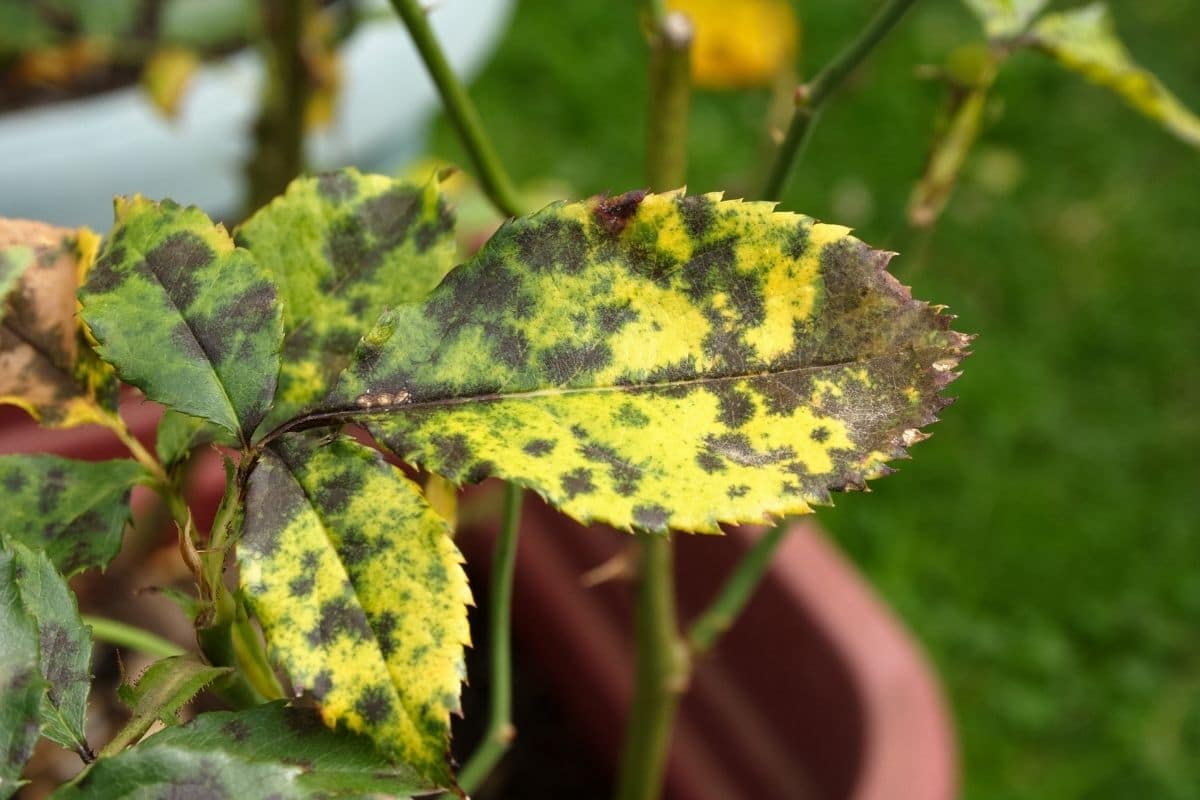
6. Improve Soil Activity
When used as a spray in your garden, milk can help provide nutrition to the soil, both in terms of the nutrients your plants need and beneficial microorganisms. Milk plays an important role in improving the reproduction speed of microorganisms. Over time, you will notice that your plants will gradually improve their ability to absorb air, water, and nutrients. The soil will become more aerated and porous.
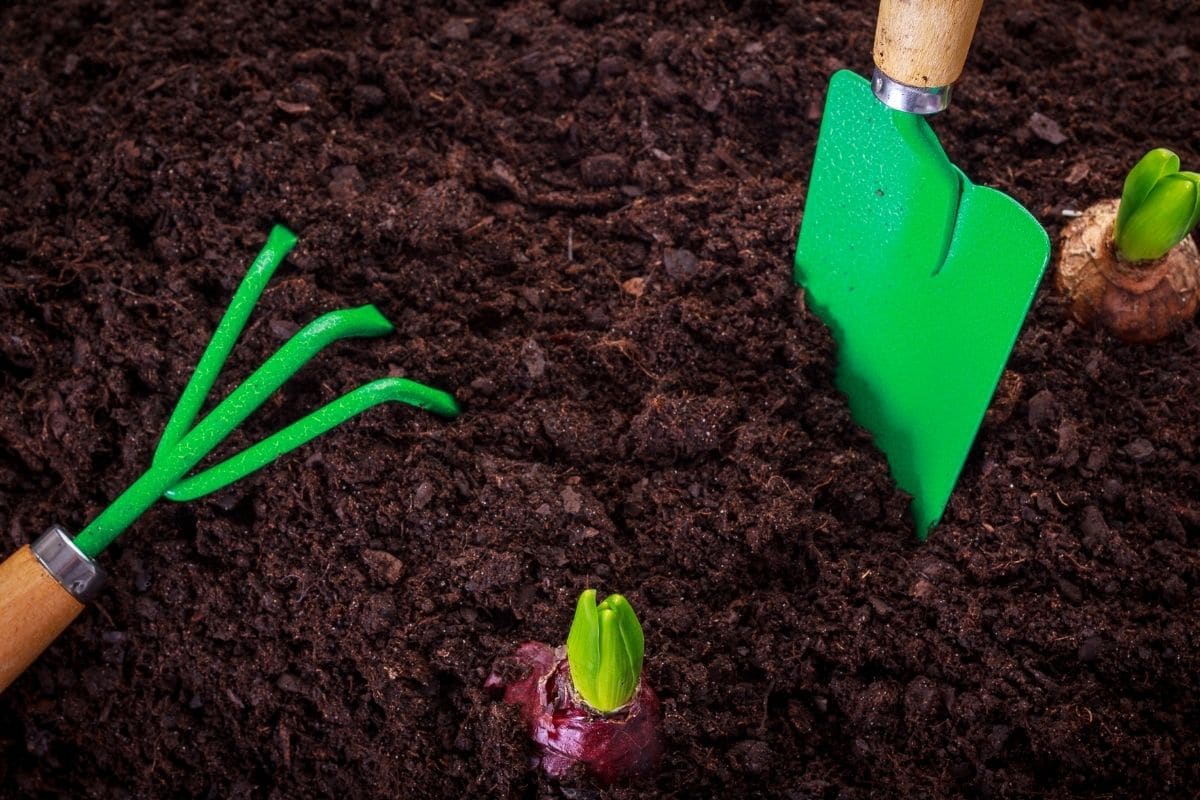
7. Prevent Blossom End Rot
Blossom-end rot is a disease that affects all types of tomatoes and is caused by a calcium deficiency. You may have seen this disease as tomatoes grow and their leaves and stems rot. This can happen when the plant is fruiting. To prevent this problem, you can use a small amount of milk, especially powdered milk, to supplement the plant and promote healthy growth.
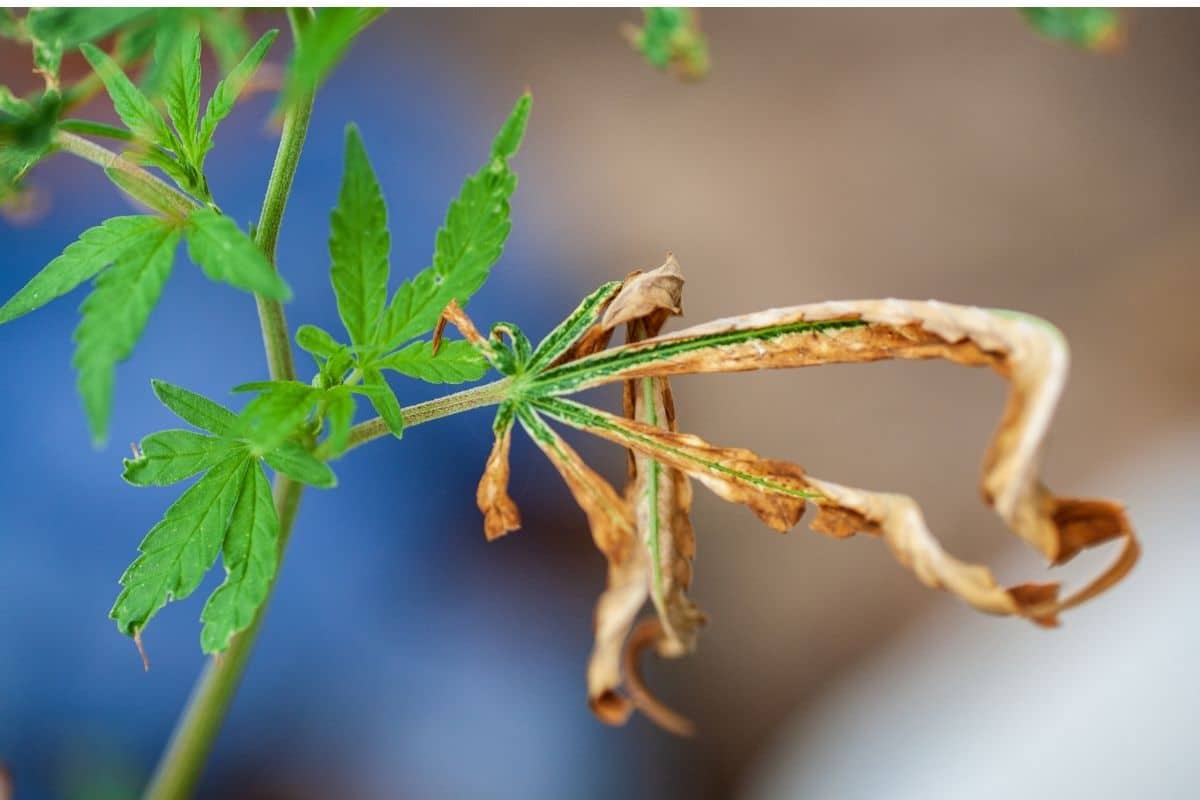
8. Improve Plant Disease Resistance
A study by the University of Vermont Extension found that plants sprayed with milk grew taller and were disease-free. This could be because the nutrients in milk help supplement the plants, enabling them to better withstand various pathogens.
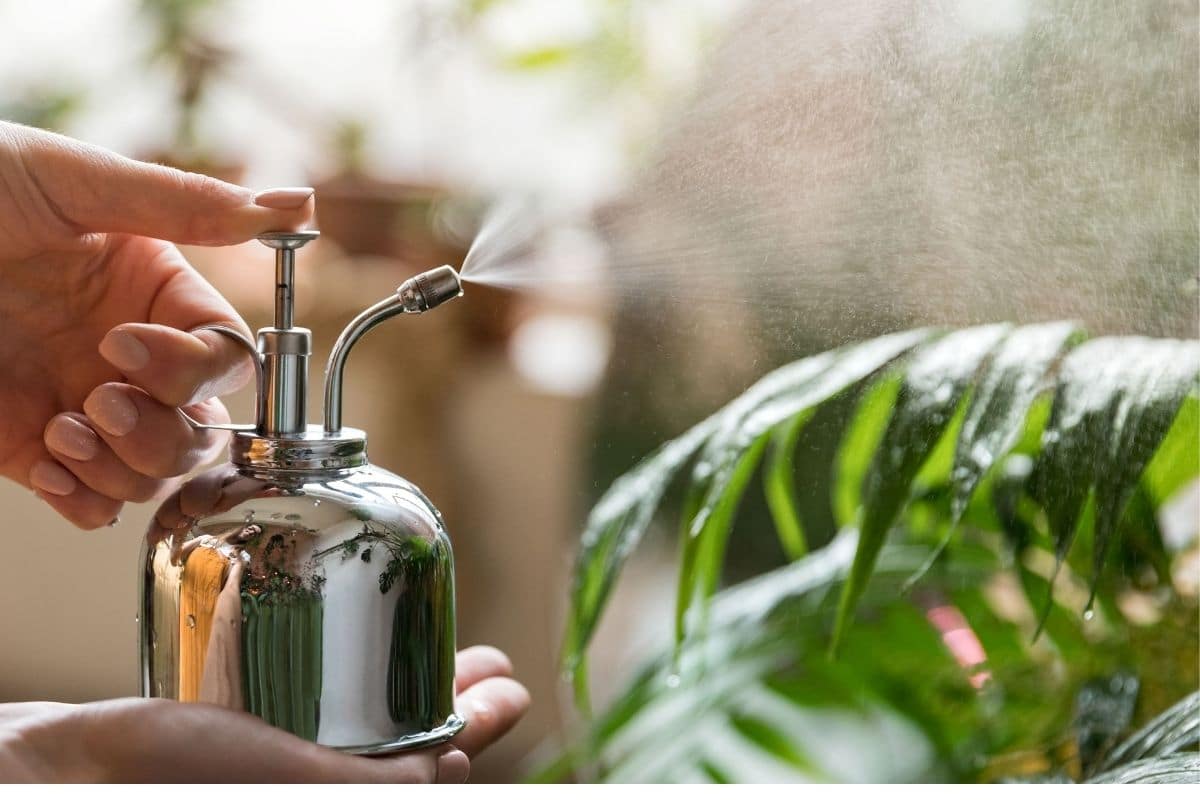
9. Grow Grass
A study conducted by Nebraska farmer David Wetzel, in collaboration with local agricultural extension, found that fertilizing grassland with milk can significantly improve gas production. This may be because milk improves the nutrient storage capacity of different grasses and the water and air absorption capacity of the soil.

10. Use with Honey
When used with honey, milk can help nourish and manage various microorganisms in the soil. Combining one cup of milk with four cups of water and three tablespoons of honey creates a nutrient-rich formula that you can periodically treat your plants with.
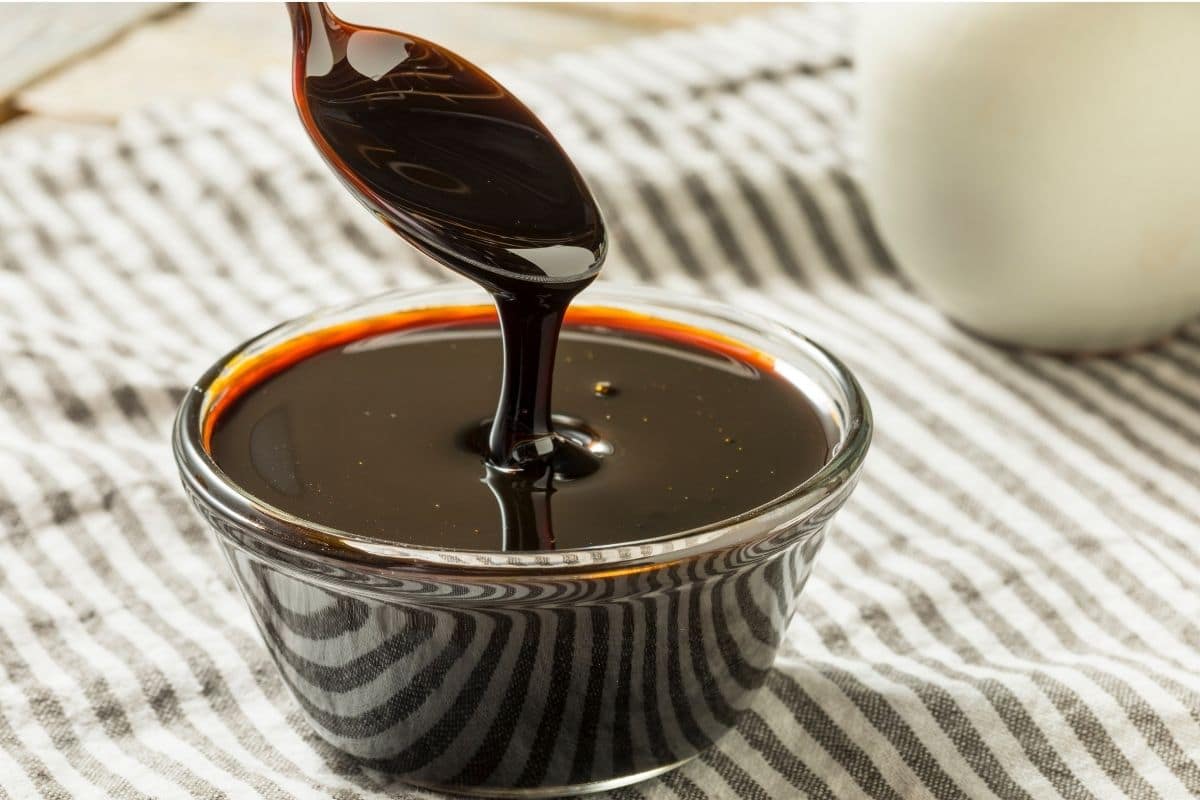
Additional Notes on Using Milk in Your Garden
Avoid using flavored milk, such as strawberry or chocolate milk, as these may contain ingredients that are harmful to plants.
You can use fresh milk or powdered milk. If using fresh milk, pour it into a spray bottle, while powdered milk can be sprinkled directly onto the leaves.
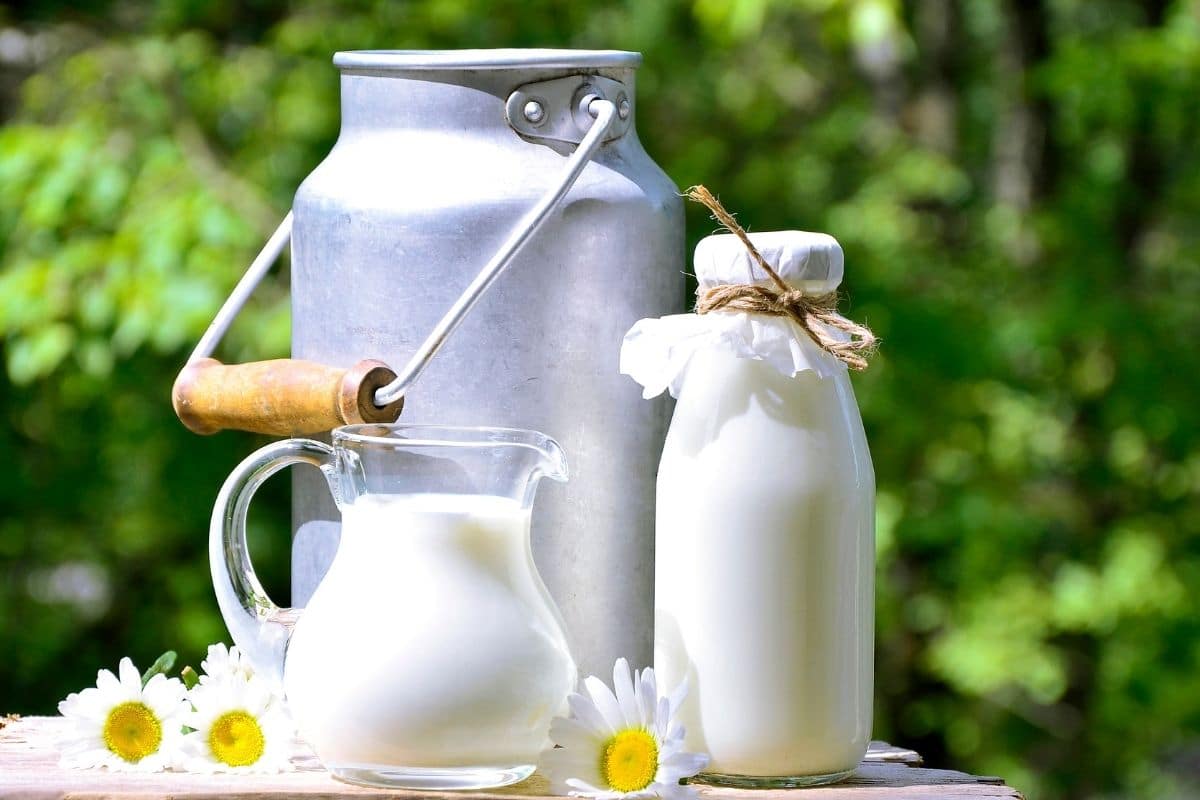
Do not use too much milk at once. Do not pour all the milk around a single plant, as the bacteria in the milk, when exposed to sunlight, will cause an unpleasant odor around the plant. Use raw, unprocessed milk.
An Unexpected Joy on Opening Day: A Gift for Disadvantaged Students in Ben Tre Province
On the joyous occasion of the ‘National Back to School Festival’ on September 5, 2024, Vinamilk, the Vietnam Dairy Products Joint Stock Company, in collaboration with the Vietnam Children’s Fund, distributed nearly 200,000 boxes of fresh milk to students as part of their 2024 plans for the ‘Vietnamese Growing Milk Fund’ program. To mark this special day, a unique opening ceremony was held for students in Ba Tri district, Ben Tre province, as a meaningful gift to welcome them back to school for the new academic year.
The Ultimate Guide to Corn on the Cob: Unlocking the Secret to Tender, Sweet Perfection
To enhance the flavor of boiled corn, there are a few secret ingredients that can make all the difference. By adding these ingredients, you’ll find that your corn is transformed into a softer, sweeter treat. It’s an easy way to take your boiled corn to the next level, and it’s a trick that every corn lover should know.

























